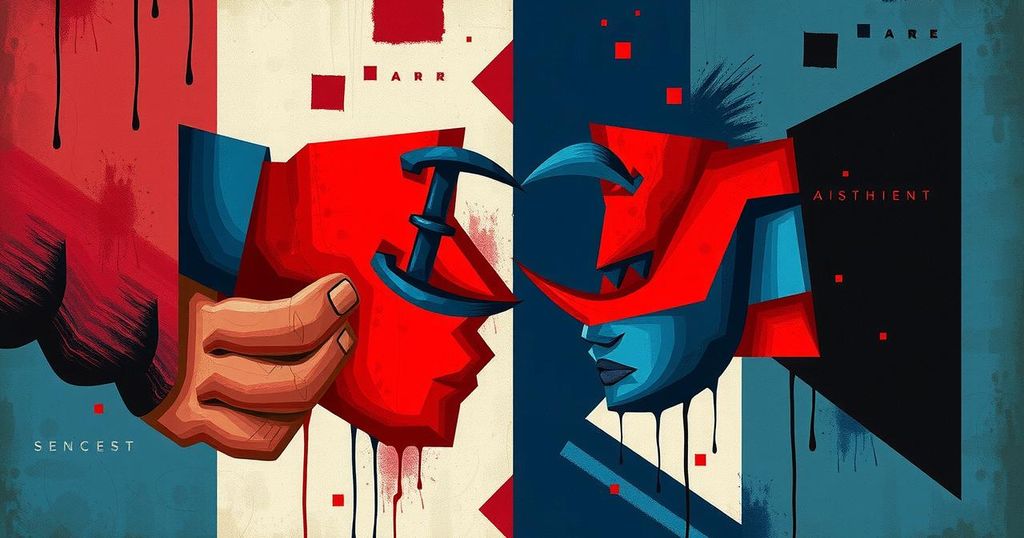Sudan has accused the United Arab Emirates of complicity in genocide by funding rebel militias in its civil war. The UAE has rejected the charges, calling them a “cynical publicity stunt” to distract from its own alleged atrocities. The case is under the jurisdiction of the International Court of Justice.
The Sudanese government lodged a complaint with the International Court of Justice (ICJ), asserting that the United Arab Emirates (UAE) is complicit in genocide. The government accuses the UAE of financially supporting a rebel militia amidst Sudan’s ongoing civil war. This accusation reflects the intense and violent sectarian conflict that has plagued the region for years.
In response, the UAE dismissed the allegations as a “cynical publicity stunt,” claiming they aim to redirect attention from the human rights violations perpetrated by the Sudanese government itself. The situation has placed significant pressure on international relations and justice, particularly in the region.
The International Court of Justice serves as the highest legal authority of the United Nations, addressing disputes among nations as well as breaches of international treaties. This court can exercise jurisdiction over the case since both Sudan and the UAE are signatories to the 1948 Genocide Convention, which sets forth international guidelines for the prevention and punishment of genocide.
The conflict in Sudan continues to escalate with serious allegations of genocide. The Sudanese government’s complaint against the UAE highlights tensions exacerbated by international involvement. As both parties have obligations under the 1948 Genocide Convention, the role of the International Court of Justice will be crucial in determining the legal ramifications of these serious accusations.
Original Source: www.nytimes.com






